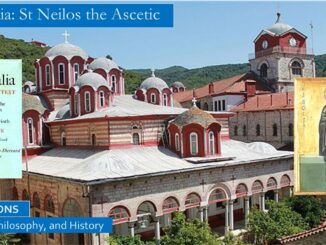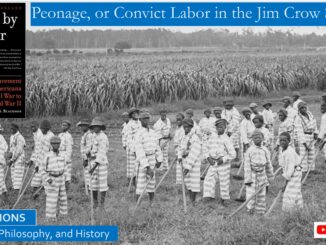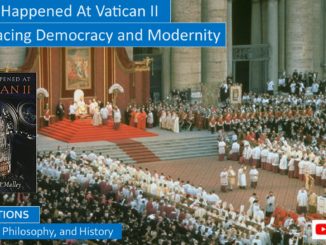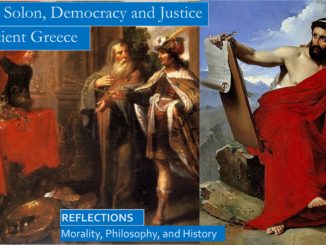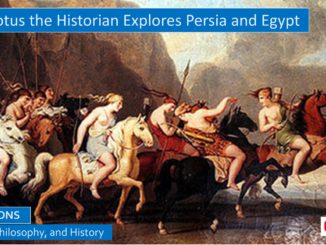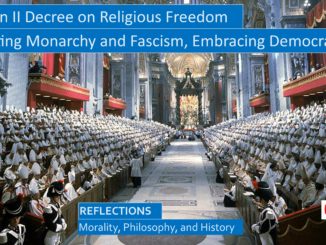
Atlantic Magazine Endorses Kamala Harris: Are Migrants To Blame? When Did Kamala Turn Black?
Compare what he said when he announced his candidacy when going down the escalator in Trump Tower in 2015 to his infamous quote in the Presidential Debate:
Trump, 2015: “When Mexico sends its people, they’re not sending their best. They’re sending people that have lots of problems, and they’re bringing those problems with them. They’re bringing drugs. They’re bringing crime. They’re rapists. And some, I assume, are good people.”
Trump, 2024: “In Springfield, (the Haitians) are eating the DAWGS. The people that came in. They’re eating the cats. They’re eating, they’re eating the pets of the people that live there. And this is what’s happening in our country. And it’s a shame.”
The Atlantic Magazine confirms this in another recent column, on how “The Trump Campaign Wants Everyone Talking About Race. The former president and his advisers’ strategy is to make white voters afraid, and they don’t care if they have to lie to do it.” […]

